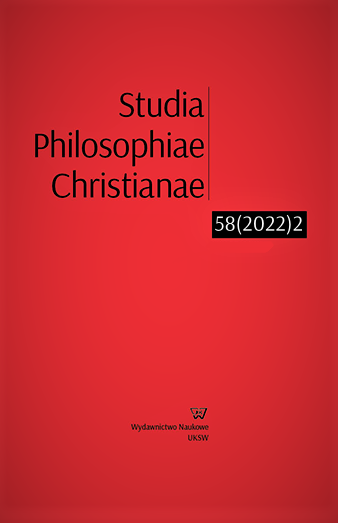In the Quest for Natural Living: the Taoist and Jungian Roots of Arnold Mindell’s Therapeutic Path
In the Quest for Natural Living: the Taoist and Jungian Roots of Arnold Mindell’s Therapeutic Path
Author(s): Arian KowalskiSubject(s): East Asian Philosophy, Developmental Psychology, Personality Psychology, Psychoanalysis
Published by: Wydawnictwo Naukowe Uniwersytetu Kardynała Stefana Wyszyńskiego w Warszawie
Keywords: natural living; process-oriented psychology; wu wei; Arnold Mindell; Carl Gustav Jung; Tao;
Summary/Abstract: In this article, I would like to take a closer look at the philosophical meaning of the term “process,” which is a fundamental category in Arnold Mindell’s psychology. The Taoist origins of this concept go back to the Tao – the principle of the universe. Tao is the process of passing into each other the opposite aspects of the monastically understood Qi energy. Mindell was also inspired by the analytical psychology of Carl Gustav Jung, which emphasizes the importance of archetypal, unconscious mental processes and their impact on the ego through random thoughts, fantasies or dreams. Mindell distinguishes between a primary process (mental content that we are aware of) and a secondary process (mental content that we are not aware of) to explain what connects a person with her natural living – an unadulterated existence through rigid boundaries between the two processes acquired during one’s upbringing. The purpose of this article is to explore the Jungian and Taoist roots of Mindell’s psychology and to characterize individual lives as confronting their entire processual being, thus becoming natural living.
Journal: Studia Philosophiae Christianae
- Issue Year: 58/2022
- Issue No: 2
- Page Range: 75-88
- Page Count: 14
- Language: English

